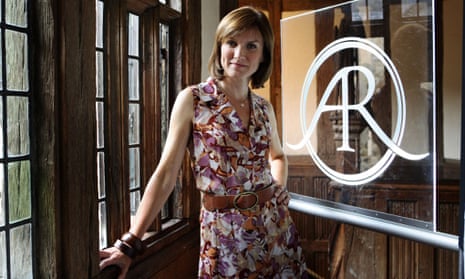Some BBC presenters are facing bills for thousands of pounds in backdated tax following the furore over the corporation paying on-screen talent through personal service companies.
Politicians have been critical of the tax avoidance arrangement where the BBC told some freelance staff who earned more than £10,000 a year to invoice through a third-party company, keeping them “off-payroll” – a legal way of reducing the corporation’s National Insurance liabilities.
The BBC changed its practices in 2012 after it was criticised by the influential public accounts committee for allowing around 1,500 presenters, including stars such as Fiona Bruce and Jeremy Paxman, to be paid through service companies.
The PAC claimed the corporation could be “complicit” in tax avoidance because they were companies rather than staff. After that it began putting more on-air talent on staff.
A review by Deloitte revealed that around 96 on-air “talent” were paid over £50,000 a year through service companies.
They became a “high priority” for becoming members of staff and were thought to include household names such as Bruce and Paxman.
Since then, the BBC has been applying a test to less well-known staff which includes seeing the extent to which the broadcaster has editorial control over their activities.
As a result, it is understood that some BBC presenters who work for the BBC News Channel or in the regions have been working with accountants to discuss potential backdated tax liabilities.
If they should have been classed as staff in the past, there is a fear they will have to pay up.
Former BBC chief financial officer Zarin Patel highlighted the issue when in 2012 a report by Deloitte found that some presenters were effectively working under circumstances that meant they could have been expected to be on the payroll.
In a blog she wrote at the time, Patel said: “Although Deloitte agreed that engaging freelancers through PSC was legal and appropriate, they found that in some cases our policy for employing on-air talent had been applied inconsistently, with some people being engaged as employees, some as self-employed freelancers and some through PSCs. In some cases, some of the on-air talent appear to have the characteristics of ‘staff’ and might be expected to be engaged as employees.”
According to sources, those affected are not the highest earners or biggest names but face “lots of money” in tax being backdated.
Previously, some presenters, such as Paxman, claimed they were told by the BBC to set up service companies in the first place.
By going on to staff, some less well-paid presenters face having their salary reduced in return for benefits such as holiday pay, so fear they will be worse off as a result, plus liable for backdated tax.
A spokesman for HMRC said: “We don’t comment on individual cases.”
“Employment status is never a matter of personal choice; it is always dictated by the specific facts. When the employment relationship does not accurately reflect the underlying reality of the relationship, the wrong tax is paid. HMRC has powers to correct the tax treatment when the employment relationship is not what is claimed.”
A BBC spokesman said it could neither “confirm nor deny” if the corporation knows about the backdated tax issue.
He said: “It is the responsibility of self-employed individuals to ensure they are paying the correct amount of tax, as such any liability is a matter between HMRC and the individual.
“A report by Deloitte published back in 2012 makes clear that there is no evidence that the BBC directly advocated the use of personal service companies.”
He added: “All BBC service company contracts with on-air talent include strong clauses placing an obligation on those individuals to comply with all legislation, to warrant that they are responsible for paying their own tax and National Insurance and that the service company is and will remain registered in the UK.”

Comments (…)
Sign in or create your Guardian account to join the discussion